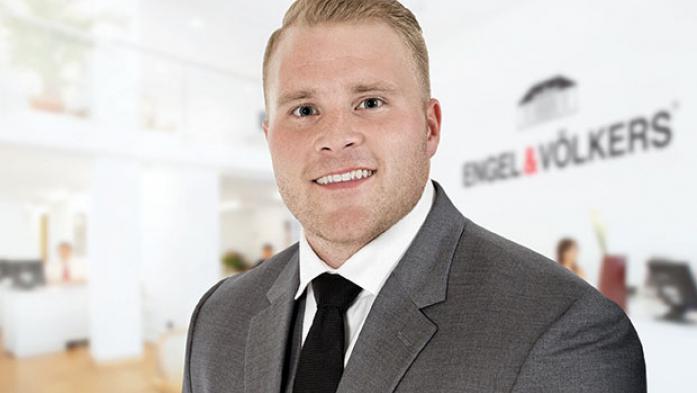
7 Steps to Build a Booming Global Real Estate Brokerage
With global customers from a number of Asian markets, Canada, Ireland and other areas, Corey Hasting, a licensed partner with Engel & Völkers Jacksonville, finds that recruiting the right mix of real estate professionals is key to success in the global arena. “Jacksonville isn’t Miami, but we do get a good number of international buyers and investors who couldn’t find what they were looking for in other traditionally global markets,” says Hasting, who has one office with 42 licensees and hopes to open a second office later this year. “We take on quite a few referrals from Atlanta Realtors who have global clients who are looking for another option.”
Because of that, Hasting has made a point of building the brokerage with global customers in mind. Here are his tips for brokers who want to do the same.
1. Research your market.
“If you want to start selling to international buyers and investors, you have to know where those buyers are coming from,” he says. Every year, the National Association of Realtors and Florida Realtors release a report on global buyers. The report breaks down where buyers are coming from in each Metropolitan Statistical Area (MSA). “You can also go to meetings of your city’s economic development council and Chamber of Commerce to learn about your market as it relates to foreign investment.”

2. Know the culture.
Once you determine your markets of specialty, get to know the culture of those countries. “Learn how they handle real estate, how to hand them a business card, what’s important to them and more,” says Hasting.
3. Hire carefully.
Once you decide on global areas of focus, start recruiting to that market. “We are very specific in our recruiting. We only bring on experienced agents,” he says. “So, these agents already have a book of business and international exposure.” He notes that it’s vital to hire agents who have ties to the areas in which you hope to market and that they speak the language of those areas. “We have a number of advisers who speak Spanish, Portuguese, French, Italian, German and more,” he says. “I also like to recruit agents who have the Certified International Property Specialist (CIPS) designation from NAR.”
4. Encourage agents to get certified.
“For agents who don’t have the designation, build a reward system for completing it, or pay for the class for them.”
5. Connect with international agents.
“Encourage agents to visit the countries you are marketing to and build relationships with real estate agents in those countries,” says Hasting. “It’s a great source of referrals.”
6. Get to know what investors want.
In Jacksonville, many of Hasting’s customers are looking for business opportunities. “Know what opportunities are out there. This is where the Economic Development Council information can come in handy,” he says. “It also helps when preparing marketing materials.”
7. Join global networks.
“Engel & Völkers has a strong international referral network. Even still, your brokerage should buy into listing syndication hubs such as ListHub Global, Mansion Global and more,” he says. “You have to get your listings out to a global audience.”
Hasting says that because his franchise is known as an international leader, his brokerage attracts agents who want to serve buyers from other countries. However, any brokerage can find a niche serving global buyers and investors. “It’s all about providing value to your agents by helping them market their listings globally,” he says.
Tracey C. Velt is a contributing editor for Florida Realtor magazine.
